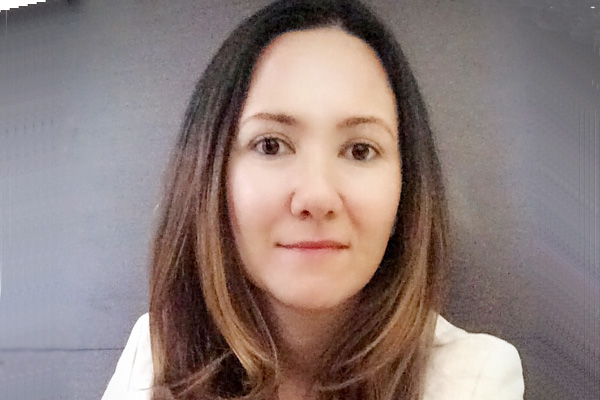
Biggest trends for UAE hotel marketers in 2017
DUBAI, October 30, 2016
Hospitality industry players are constantly having to rethink the way they do business in order to keep up with the changing trends. Working closely with hotel marketers in the UAE for several years, a specialist has noticed trends that are often overlooked.
Gayane Grigoryan, director of Communications & Marketing at Iris Media, has carried out a deep analysis of the biggest trends that UAE hotel marketers simply cannot ignore in 2017 and beyond.
1. Native advertising: The importance of Native advertising redefined: Five years ago, hotels were spending 80 per cent on content creation and 20 per cent on content promotion. Since then the tide had been changing and has reached to the point today where the ratio has switched completely. Successful companies today are creating differentiated content and putting some advertising and promotional power behind it. As good content, does not do too well for long without promotional campaigns.
Native advertising is expected to be a gateway for content marketing in 2017.
2. Influencer marketing: The next big thing: As the world, has shifted to social media, UAE is also pacing fast to come in line with the rest of the world in terms of technology. Today, consumers prefer making their purchasing decisions by researching about product through reviews and comments found on social media. These reviews can be based on their favorite personalities, who are consolidating massive followings on YouTube, Instagram, Snapchat, Pinterest and many other upcoming and existing platforms.
3. Purpose-driven marketing: What? Why? Where? What’s your why? Why do you create your content? Does it have a real impact on your customers or prospects? Is there a deeper purpose behind what you do, instead of creating content as part of your sales and marketing machine? These are some of the questions asked at the time of marketing as planning ahead of time is key to a successful marketing campaign.
4. Video and visual: Visual Storytelling vs. Viral Video Strategy: Based on statistics, it is obvious that visual storytelling strategy is huge and highly important. It has become vital to use video to deliver valuable information through video. However, most hospitality brands are still hanging their video strategy on the viral instead of building a process and organisation around the ongoing delivery of respected information.
5. Teams and workflow: Hiring experienced team members - There are numerous examples of well-meaning content marketing programs that have slipped into thin air and disappeared. Many factors could have led to this, but one of them is hiring inadequate people to make real content experience. Making a marketing campaign is not enough for success, execution is key to the campaign running successfully and reaching the right audience.
6. Mobile: Pokemon Go anyone? To put it simple, if your content isn’t easily digested on a mobile device, you have a serious problem that needs to be addressed soon before you lose more target consumers.
7. Content technology: Sound strategy before marketing: Before you choose any technology for your content marketing, it is imperative to have a sound strategy to begin with. The strategy needs to be evaluated with several trial and error method to be convinced to use a particular approach for the chosen technology since errors are quite common in this area.
8. Writing: Pen before video shoots: Writing still counts, perhaps more than ever. More than not, marketers are abuzz about social media and video without comprehending that most of our communication is still text and story based.
9. Integration with sales: Inverse of differentiation: Most organisations are dominated by sales, and if we don’t start integrating salespeople into the content marketing world, marketers are going to get back to their offices and hit brick walls. Sad but true. This point is often looked over in some companies, there is a separate department for both with little or no integration. Sale sometimes does depend on marketing as the outcome of good media strategies lead to successful sales.
10. ROI and measurement: Efficiency of investment: This one goes without explanation. The No.1 question, “How do I show the success of my content marketing program”?
11. Email and marketing automation: Revamping emails: Two things are clear about e-mail. First, email is far from dead, and maybe more important than ever for content marketing programmes. Second, most of the companies send spam disguised as content every day to their key stakeholders.
It turns out to be that marketers use about 10 per cent of the functionality behind marketing automation. Simply put, most of us are using marketing automation the wrong way.
12. Construction of media organizations: An organization within itself: It is fascinating to see the movement of enterprises becoming media companies. Red Bull Media House was one of the first company that formally created a media corporation inside its organizations. This is a huge movement that has some momentum behind it and this will be a trend that will follow in the coming years.
Trends change by the minute every day and what might be happening today might no longer be significant tomorrow. However, it is important to look at the changing market over the past couple of weeks, months or years to help analyze the future trends. This does not necessarily mean that looking at the past will help determine an error free strategy for the future. But it always helps to create a plan that involve risk management strategies, Grigoryan noted. - TradeArabia News Service







